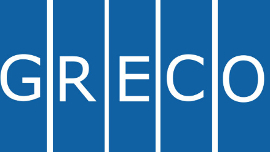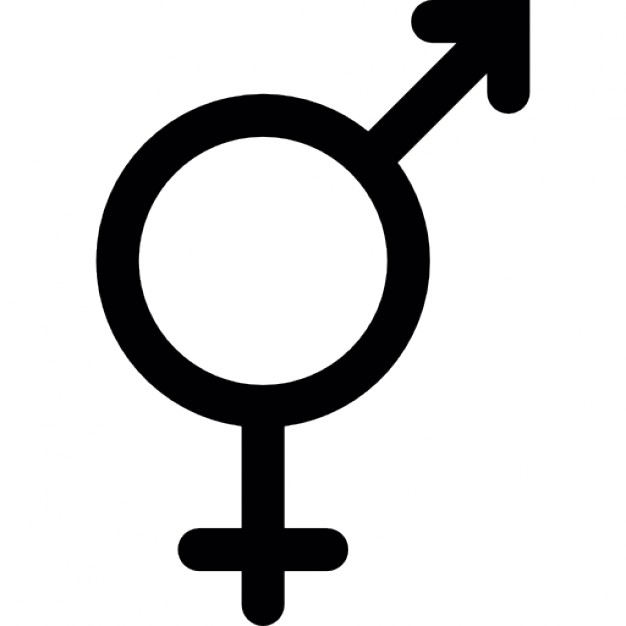Strong political will among Council of Europe member States has shaped the Organisation’s work against corruption over more than a decade, leading to the adoption of a set of comprehensive standard setting instruments and the establishment of an effective monitoring body.
Several milestones have marked the development of this work since 1981, when the Committee of Ministers recommended to take measures against economic crime (including, inter alia, bribery) (Recommendation No. R (81) 12). In 1994 the Ministers of Justice of Council of Europe member States (19th Conference, Valletta) agreed that corruption should be addressed at European level, as it poses a serious threat to the stability of democratic institutions. The Council of Europe, as the pre-eminent European institution defending democracy, the rule of law and human rights, was called upon to respond to the threat. The Ministers were convinced that an effective fight against corruption must take a broad approach and recommended that a Multidisciplinary Group on Corruption (GMC) be set up to prepare a comprehensive programme of action against corruption and to examine the possibility of drafting legal instruments in this field, referring expressly to the importance of elaborating a follow-up mechanism to implement the undertakings contained in them.
With the creation of the Multidisciplinary Group on Corruption (GMC) in September 1994, under the responsibility of the European Committee on Crime Problems (CDPC) and the European Committee on Legal Co-operation (CDCJ), the fight against corruption was firmly established as one of the Council of Europe’s priorities.
In November 1996, the Committee of Ministers adopted the Programme of Action against Corruption prepared by the GMC and set the deadline for its implementation at 31 December 2000. The Committee of Ministers welcomed in particular the planned elaboration of one or more international conventions to combat corruption and the intention to foresee a follow-up mechanism to implement undertakings contained in them.
In June 1997, the Ministers of Justice of Council of Europe member States (21st Conference, Prague) expressed concern about new trends in modern criminality, in particular the organised, sophisticated and transnational character of certain criminal activities. Fighting organised crime necessarily implied an adequate response to corruption. Moreover, the fact that corruption may endanger the stability of democratic institutions and the moral foundations of society was also emphasised. Consequently, the Ministers recommended that efforts be intensified to ensure early adoption of a criminal law convention providing for a co-ordinated criminalisation of corruption offences and for enhanced cooperation in the prosecution of offences. They further recommended to the Committee of Ministers that an effective follow-up mechanism, open to member States and non-member States of the Council of Europe on an equal footing, be provided for.
In October 1997, the Heads of State and Government of the member States of the Council of Europe (Second Summit, Strasbourg) decided that common responses to the challenges posed by the growth in corruption and organised crime should be sought. They instructed the Committee of Ministers to adopt guiding principles to be applied in the development of domestic legislation and practice, to secure the rapid completion of international legal instruments pursuant to the Programme of Action against Corruption and to establish without delay an appropriate and efficient mechanism for monitoring observance of the guiding principles and implementation of the relevant international instruments.
In November 1997, the Committee of Ministers (101st Session, Strasbourg) adopted Resolution (97) 24 on the twenty guiding principles for the fight against corruption and instructed the GMC to submit without delay a draft text proposing the establishment of an appropriate and efficient mechanism for monitoring the observance and implementation of the Council of Europe’s anti-corruption standard setting instruments.
In March 1998, the GMC, having taken account of the opinions of the CDCJ and the CDPC, approved a draft Agreement establishing the “Group of States against Corruption – GRECO”. In May 1998, the Committee of Ministers (102nd Session, Strasbourg) authorised the establishment of the “Group of States against Corruption – GRECO” in the form of an enlarged partial agreement and on 1 May 1999, GRECO was set up by the following 17 founding members : Belgium, Bulgaria, Cyprus, Estonia, Finland, France, Germany, Greece, Iceland, Ireland, Lithuania, Luxembourg, Romania, Slovakia, Slovenia, Spain and Sweden. Since, its membership has grown considerably.
Milestones
Valletta, 1994
- 19th Conference of European Ministers of Justice: corruption to be addressed at European level
Strasbourg, 1995
- Establishment of the Multidisciplinary Group on Corruption
Strasbourg, 1996
- Programme of Action against Corruption
Prague, 1997
- 21st Conference of European Ministers of Justice: anti-corruption efforts to be intensified through standard setting and monitoring
Strasbourg, 1997
- 2nd Summit of Heads of State and Government of the Council of Europe member States: common principles to prevent and combat corruption and organised crime are to be sought
- Resolution (97) 24 on Twenty Guiding Principles against Corruption
Strasbourg, 1999
- Establishment of GRECO on 1 May 1999
- Criminal Law Convention (ETS 173) and Civil Law Convention (ETS 174) on Corruption opened for signature
Strasbourg, 2000
- Recommendation on Codes of Conduct for Public Officials (Recommendation No. R (2000) 10)
Strasbourg, 2003
- Recommendation on Common Rules against Corruption in the Funding of Political Parties and Electoral Campaigns (Recommendation Rec(2003)4)
- Additional Protocol to the Criminal Law Convention on Corruption (ETS 191) opened for signature






